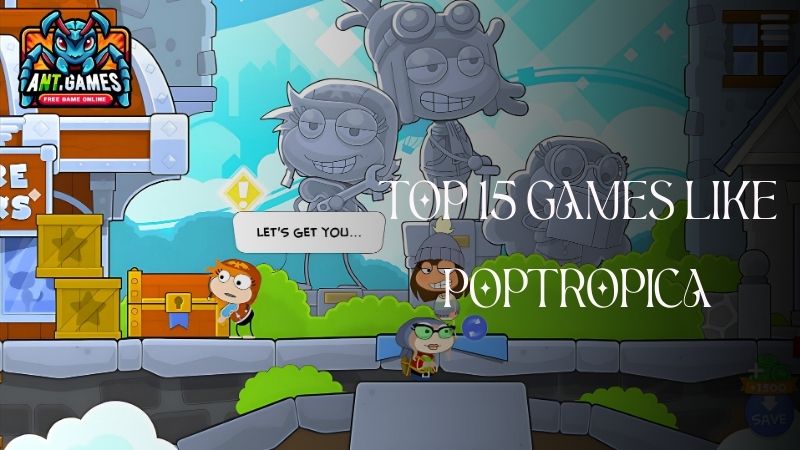Role-playing video games (RPGs) transport players into immersive worlds where they become the heroes of their own adventure. From medieval fantasy realms to futuristic dystopias, RPGs allow you to develop unique characters, make meaningful choices, and experience rich narratives that evolve based on your decisions. These games have evolved dramatically since their tabletop origins, now offering stunning visuals, complex combat systems, and intricate storytelling across various subgenres. Whether you prefer action-packed battles, strategic turn-based combat, or narrative-driven experiences, there’s an RPG waiting for you.
In this article, AntGames will let you dive into everything you need to know about guide explores what defines an RPG, traces the genre’s fascinating history, breaks down the different types available today, and highlights 25 must-play titles that showcase the best the genre has to offer.
What Are Role-Playing Games?
RPGs are games where players take on the role of a character within a game that also functions as a story. The choices players make affect their character and the path the story takes. Once decisions are made, the story reacts to those choices, creating a personalized gaming experience. Characters typically remain in the story until they complete their quest, die, or the player chooses a different path. The immersive nature of RPGs allows players to truly become their character, making decisions that align with their chosen role or personal preferences.
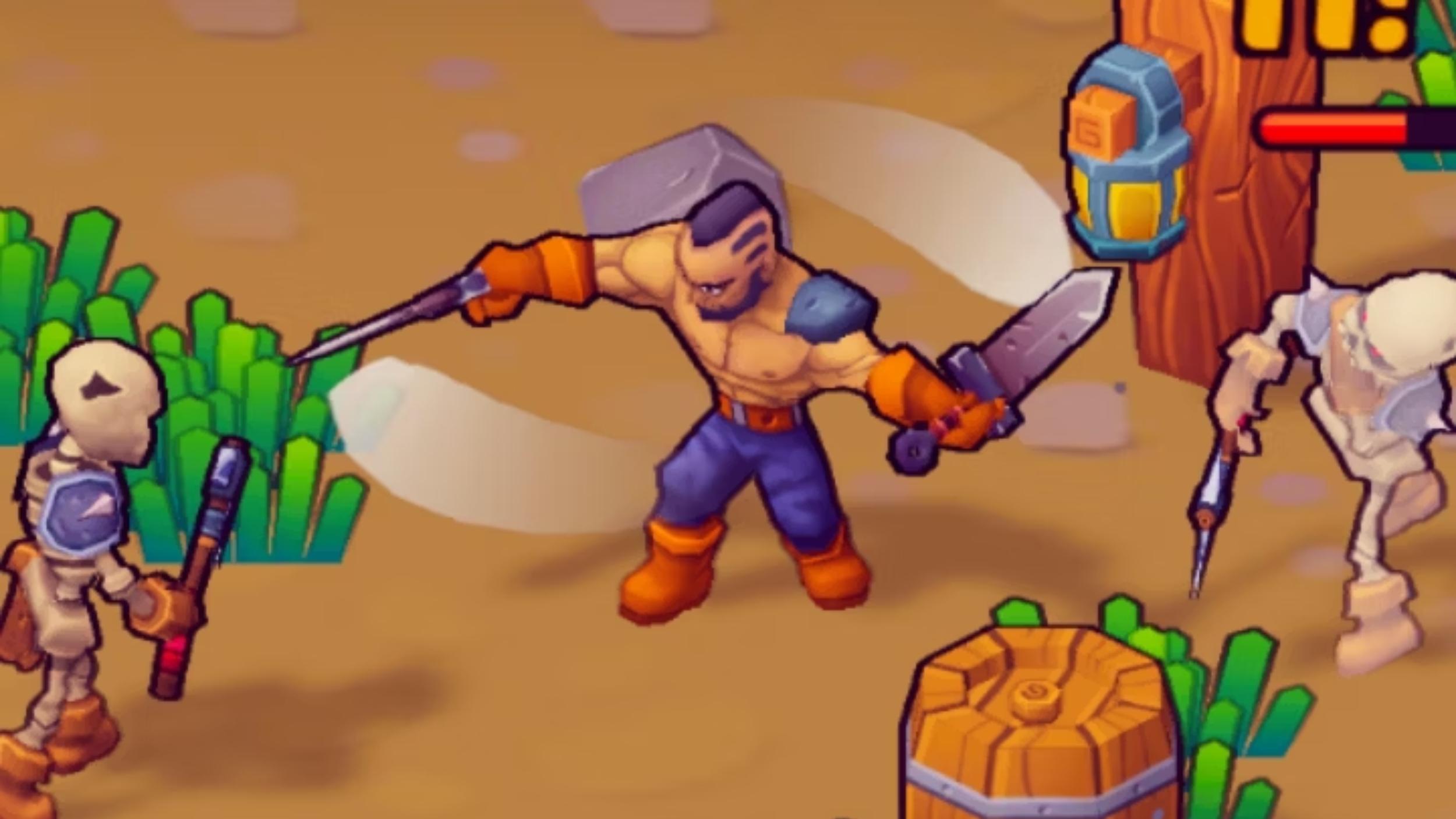
The history of role-playing games
- Origins of RPGs (1970s–1980s): RPGs began with the 1974 release of Dungeons & Dragons (D&D), created by Gary Gygax and Dave Arneson. D&D combined historical reenactments and miniature wargaming, introducing narrative-driven gameplay where players could assume character roles. Its success led to the development of other tabletop RPGs like Tunnels & Trolls (1975) and RuneQuest (1978), which further shaped the genre.
- The Digital Transition: 1970s to 1980s: In the late 1970s and early 1980s, RPGs moved into digital gaming with early titles like Akalabeth (1979) and Ultima (1981). These games adapted traditional RPG mechanics to computers, using text-based storytelling and simple graphics to create immersive experiences for players.
- The Emergence of Browser-Based RPGs: Early 2000s: In the early 2000s, browser-based RPGs became popular for their easy access through web browsers, requiring no downloads. Key games like Kingdom of Loathing (2003), Adventure Quest (2002), and RuneScape (2001) defined the genre. These titles offered simple, engaging gameplay with community features, attracting both casual and dedicated gamers.
- The Rise of MMORPGs: 1990s The 1990s saw the emergence of massively multiplayer online role-playing games (MMORPGs). Games such as Ultima Online (1997) and EverQuest (1999) allowed thousands of players to connect in expansive, persistent online worlds. These games expanded on traditional RPG mechanics, offering massive environments and rich social interaction.
- Modern Developments: Today, browser-based RPGs continue to evolve with features like mobile compatibility, social media integration, and cross-platform play. Their accessibility keeps them popular, blending classic RPG elements with modern technological innovations.
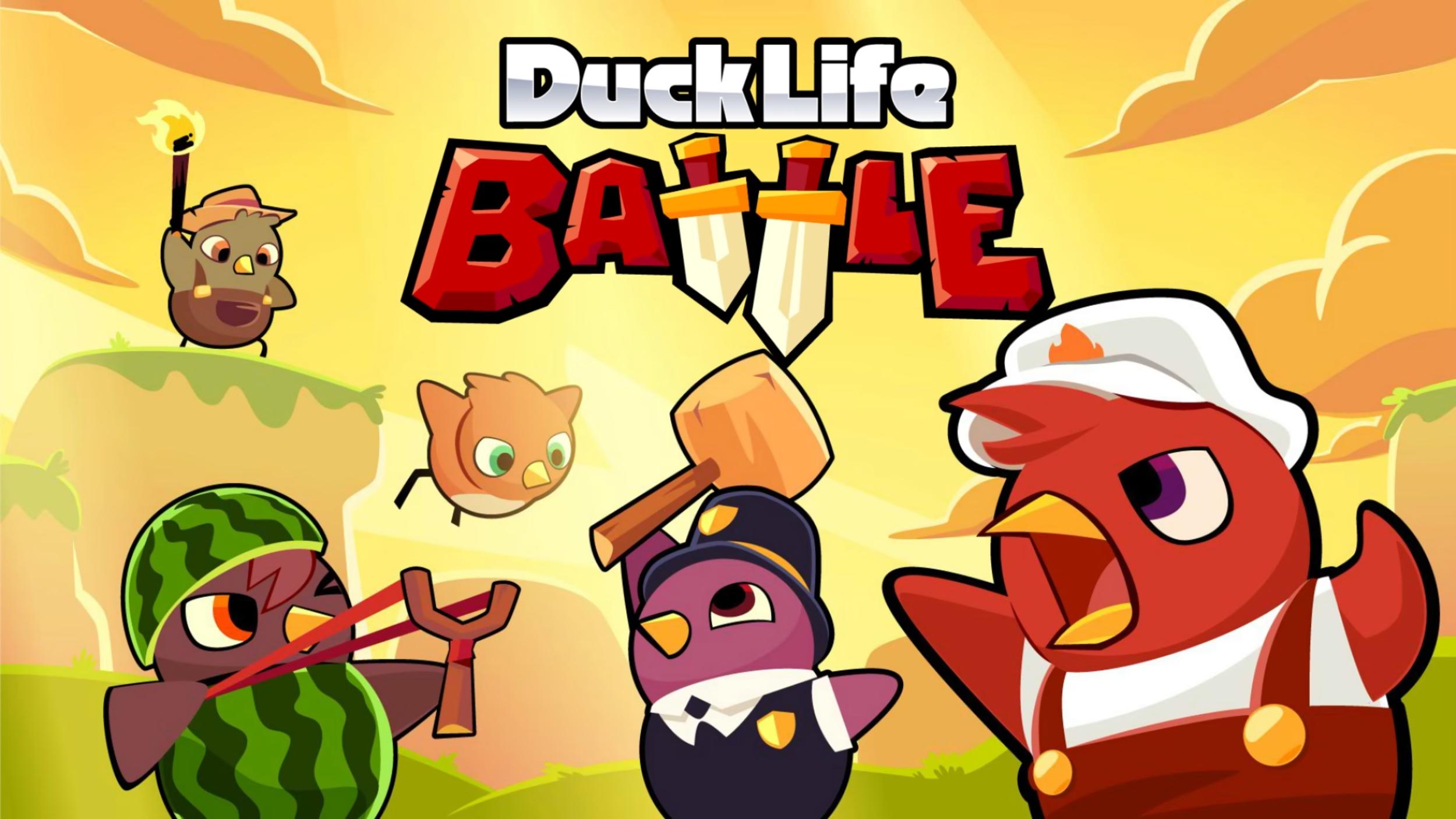
Types Of RPG Games
Role-playing games come in many forms, each with unique features and gameplay styles. Here are the main types you’ll encounter:
- Massively Multiplayer Online RPGs (MMORPGs): feature persistent online worlds where thousands of players interact, complete quests, and form communities. World of Warcraft and Final Fantasy XIV define the genre.
- Action RPGs (ARPGs); ARPGs focus on real-time combat, requiring quick reflexes and tactical gameplay. Players customize builds, upgrade gear, and battle enemies in fast-paced action. Many feature randomized loot systems, rewarding players with stronger weapons and armor. Notable ARPGs include Diablo, Elden Ring, and Borderlands.
- Computer or Console RPGs (CRPGs): CRPGs emphasize deep storytelling and strategic combat, ranging from turn-based to real-time mechanics. Players shape their character’s abilities and make choices that influence the narrative. These games offer rich worlds, side quests, and immersive dialogue. Famous CRPGs include Mass Effect, Dragon Age, and Disco Elysium.
- Japanese RPGs (JRPGs): JRPGs are story-driven, with anime-inspired visuals and party-based combat. They mix fantasy and sci-fi, offering emotional story arcs and strategic battle systems. Players manage a team with unique abilities and build character relationships. Top JRPGs include Final Fantasy, Pokémon, and Persona.
- Western RPGs (WRPGs):WRPGs emphasize player choice, open-world exploration, and non-linear storytelling. Players create custom characters and shape the world through dialogue and decisions. These games feature expansive environments, dynamic NPCs, and multiple endings. Major WRPGs include The Elder Scrolls, Fallout, and The Witcher.
- Tabletop RPGs (TTRPGs): TTRPGs, like Dungeons & Dragons, use dice-based mechanics and storytelling for deep role-playing experiences. Digital adaptations maintain these elements with modern graphics and gameplay. A top example is Baldur’s Gate 3, which faithfully translates tabletop RPG mechanics into an interactive digital format.
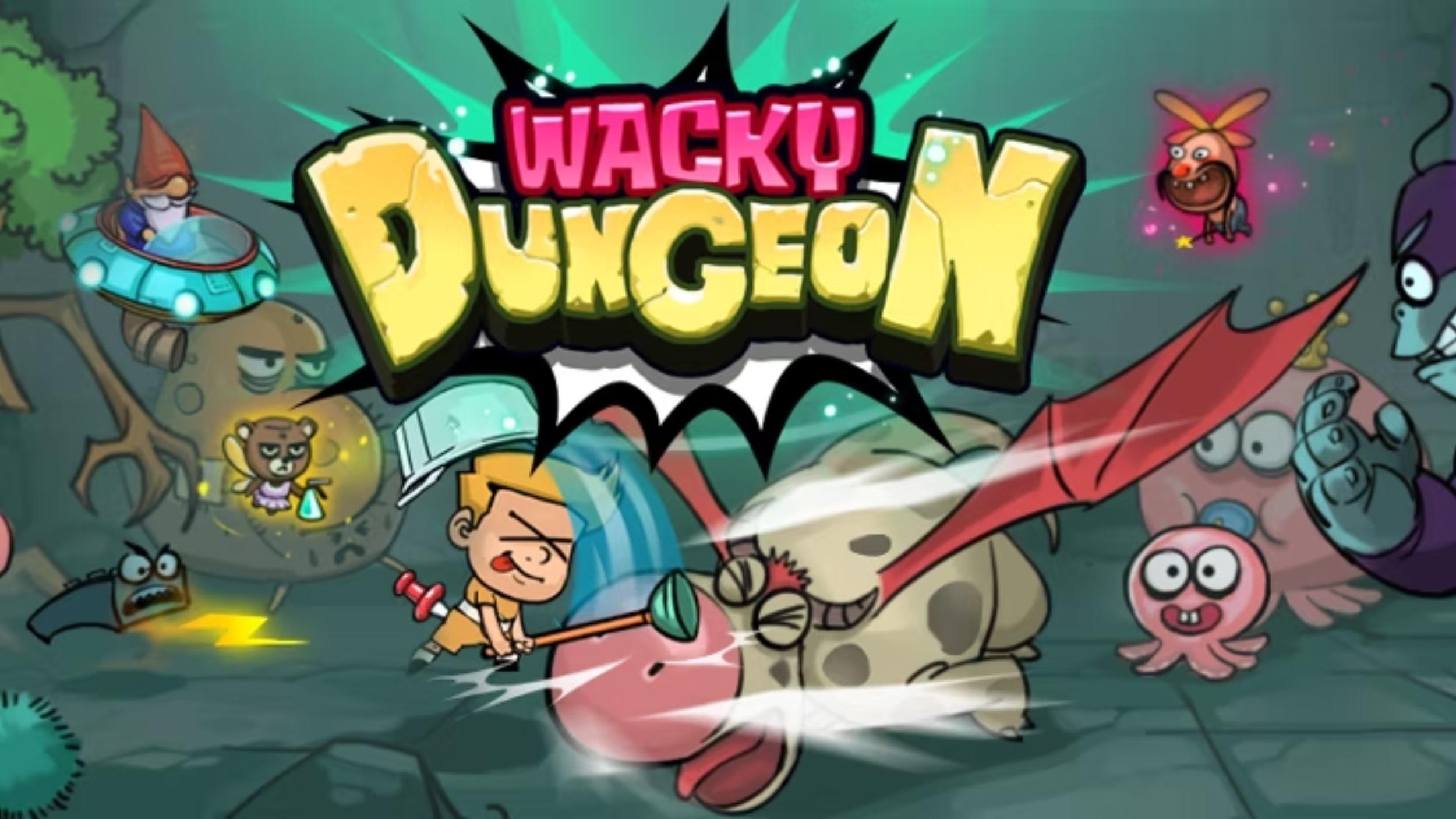
See More: What is MMORPG?
25 Best RPG Games you should try
Based on critical acclaim, player enjoyment, and historical significance, here are 25 of the best RPGs worth experiencing:
- Baldur’s Gate 3 – A modern masterpiece that sets the new standard for choice-driven RPGs
- The Witcher 3: Wild Hunt – An epic fantasy adventure with unforgettable characters and stories
- Mass Effect 2 – The perfect blend of RPG depth and action gameplay in a space opera setting
- Fallout: New Vegas – A post-apocalyptic playground with unmatched player freedom
- The Legend of Zelda: Breath of the Wild – A revolutionary open-world adventure
- Elder Scrolls V: Skyrim – The quintessential fantasy RPG with endless possibilities
- Star Wars: Knights of the Old Republic – The definitive Star Wars RPG experience
- Elden Ring – From Software’s masterpiece combining open-world exploration with challenging combat
- Disco Elysium – A groundbreaking narrative RPG focused on dialogue and character development
- Assassin’s Creed Odyssey – Historical RPG with impressive scope and engaging combat
- Bloodborne – Gothic horror action RPG with intense combat and haunting atmosphere
- Persona 5 Royal – A stylish JRPG with a unique blend of dungeon crawling and social simulation
- Diablo 3 – The definitive action RPG focusing on loot and combat
- Stardew Valley – A charming farming RPG with deep relationship mechanics
- Dragon’s Dogma 2 – An immersive fantasy RPG with innovative combat
- Dragon Age: The Veilguard – BioWare’s triumphant return to fantasy RPGs
- Pillars of Eternity – A modern take on classic isometric RPGs
- Fire Emblem: Three Houses – Strategic RPG with deep character relationships
- Pokémon Legends: Arceus – A refreshing open-world take on the Pokémon formula
- The Outer Worlds – A space adventure with sharp writing and compelling characters
- Cyberpunk 2077 – A futuristic RPG with an immersive dystopian setting
- Divinity: Original Sin 2 – A deep tactical RPG with incredible freedom
- Final Fantasy 7 Rebirth – A modern reimagining of a beloved classic
- Horizon Forbidden West – An action RPG with a unique post-apocalyptic setting
- In Stars and Time – An innovative indie RPG with time loop mechanics
Each of these games offers something unique to RPG fans, from compelling narratives to innovative gameplay and immersive worlds.
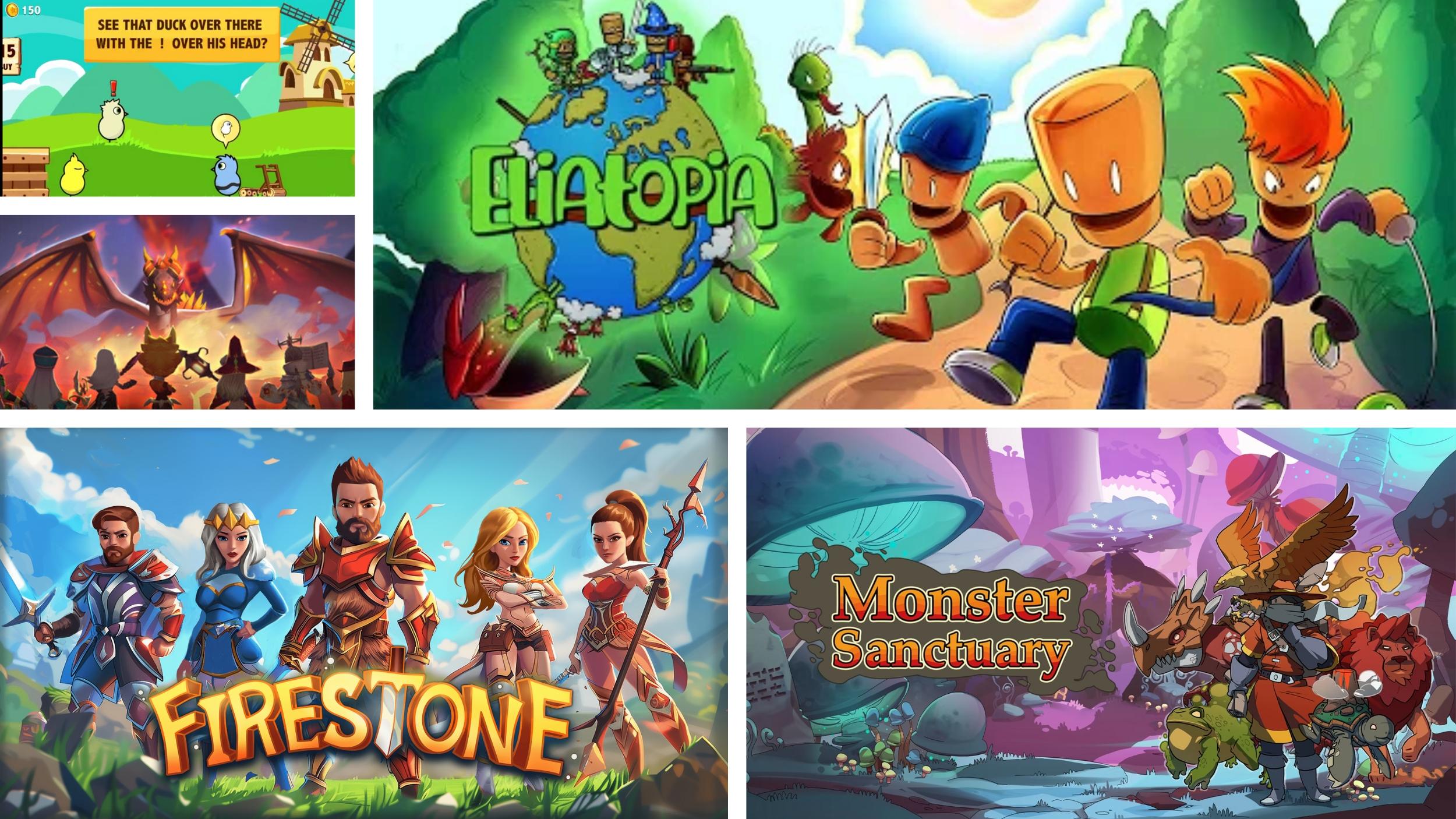
Discover More: List of video game genres you should try
The benefit of play RPG Games
Players can enjoy much more than just pleasure from role-playing games (RPGs), which combine personal development with creative difficulties. Key advantages of playing role-playing games include the following:
- Social interaction: RPGs enhance teamwork, communication, and emotional intelligence, fostering connections and collaborative problem-solving skills.
- Character development: As players shape their in-game personas, they gain insights into their own personalities, values, and motivations, promoting self-reflection and personal growth. This process of character creation and evolution can lead to increased self-awareness and identity exploration.
- Creative storytelling: RPGs spark imagination and storytelling, enhancing creativity, vocabulary, and innovative thinking through world-building.
- Strategic thinking: RPGs also can improve analytical thinking and real-world strategy by honing cognitive abilities like problem-solving and decision-making.
- Emotional intelligence: By negotiating intricate social dynamics, role-playing games enhance empathy and emotional comprehension while strengthening relationships in the real world.
- Stress relief: Immersing oneself in fantastical worlds provides an escape from daily pressures, reducing stress and promoting relaxation. This escapism serves as a form of cognitive reframing, allowing players to approach real-world challenges with renewed perspective.
- Cognitive flexibility: RPGs often require players to adapt to changing scenarios, encouraging mental agility and adaptability. This cognitive flexibility can enhance real-world problem-solving and decision-making capabilities.
- Cultural awareness: Many RPGs incorporate diverse settings and cultures, broadening players’ understanding of different societies and perspectives. This exposure fosters cultural sensitivity and global awareness.
- Skill transfer: The skills developed through RPGs, such as resource management, leadership, and negotiation, can often be applied to real-world situations, enhancing personal and professional growth.
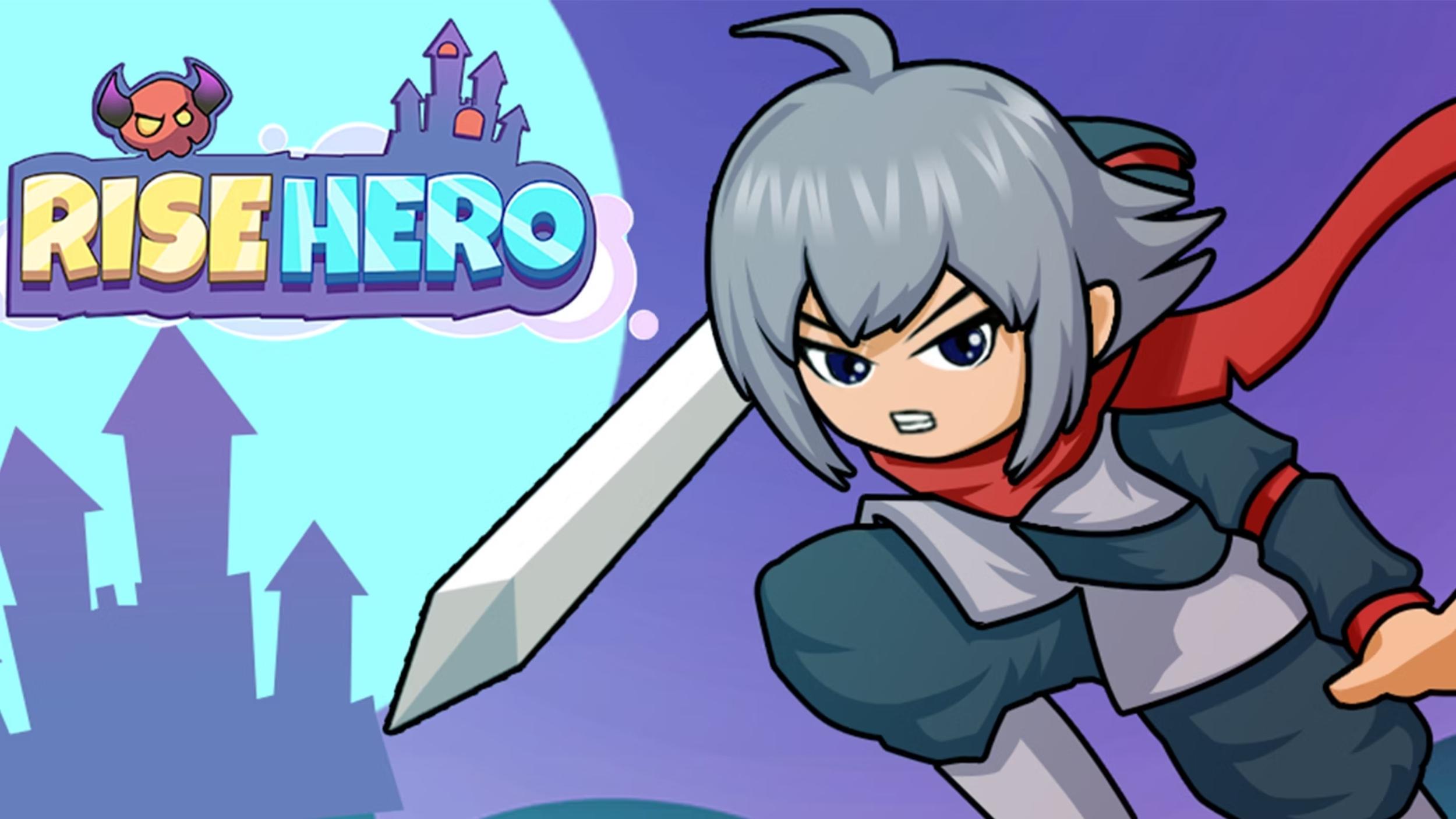
Looking for a new action RPG?
RPG games on the AntGames offer an exciting and accessible experience, allowing players to dive into engaging adventures without the need for downloads or additional requirements. These games are entirely free to play, ensuring that anyone can jump into the action without any barriers. If you’re searching for new RPG experiences, AntGames offers a variety of free online games that you can play instantly without downloading. Our platform features games for all ages, available in both solo mode and 2-player mode to enjoy with friends worldwide. Whether you’re into action games, arcade games, driving games, shooting games, or skill games, AntGames has something for everyone.
Top RPG Titles on AntGames
- Island Odyssey Return of the Sea: Adventure game that combines exploration, puzzle-solving, and strategic combat. Players embark on a journey to mysterious islands, each with its unique challenges and secrets.
- Kingdom Heroes: Multiplayer strategy game set in a fantastical medieval kingdom. Players build and manage their own kingdoms, recruit and train heroes, and engage in real-time combat against rival players or AI-controlled enemies.
FAQs about Action RPG Games
What is CRPG vs RPG?
Computer role-playing games, or CRPGs, are a subgenre of role-playing games made especially for computers. Understanding CRPG meaning is essential—it refers to RPGs that emphasize character development, strategic decision-making, and intricate storytelling. As seen in games like Divinity: Original Sin and Baldur’s Gate, CRPGs frequently have branching narratives in which decisions made by the player affect the plot and gameplay.
On the other hand, any game in which players take on the roles of characters and participate in missions, battles, and character development is generally referred to as an RPG (role-playing game). RPGs come in a variety of forms, such as tabletop, console, and internet games, and they provide a range of experiences with differing degrees of gameplay and narrative complexity.
What is the difference between an RPG and an action RPG?
An RPG (Role-Playing Game) typically focuses on deep storytelling, character progression, and turn-based or tactical combat, where players make strategic decisions in battles and narrative choices. Games like Final Fantasy and Baldur’s Gate are examples of traditional RPGs that prioritize story and character development.
An Action RPG (ARPG) blends RPG elements with fast-paced, real-time combat. Players actively control characters during battles, often requiring quick reflexes and tactical decision-making. These games emphasize action and fluid gameplay, as seen in titles like Diablo and Dark Souls, where combat is more immediate and less turn-based.
How do combat mechanics differ in Action RPGs compared to other RPGs?
Players have direct control over their character’s moves, attacks, and abilities during action in Action RPGs (ARPGs), which include fast-paced, real-time fighting elements. With dynamic combat that demands the player to respond to opponents instantly, these games place a strong emphasis on timing, placement, and quick reflexes. Diablo and Dark Souls are two examples of games with skill-based, action-focused combat.
Ultimately, role-playing video games (RPGs) offer a unique amalgamation of interactive storytelling, character progression, and player agency. These digital adventures immerse participants in dynamic narratives where they craft avatars, traverse fantastical realms, and embark on strategic quests. Evolving from tabletop role-playing systems, RPGs have diversified into myriad subgenres, each presenting distinctive gameplay mechanics and narrative techniques.
For an immersive RPG experience, explore the genre by playing games online on platforms like AntGames, offering free access without downloads or login requirements.

